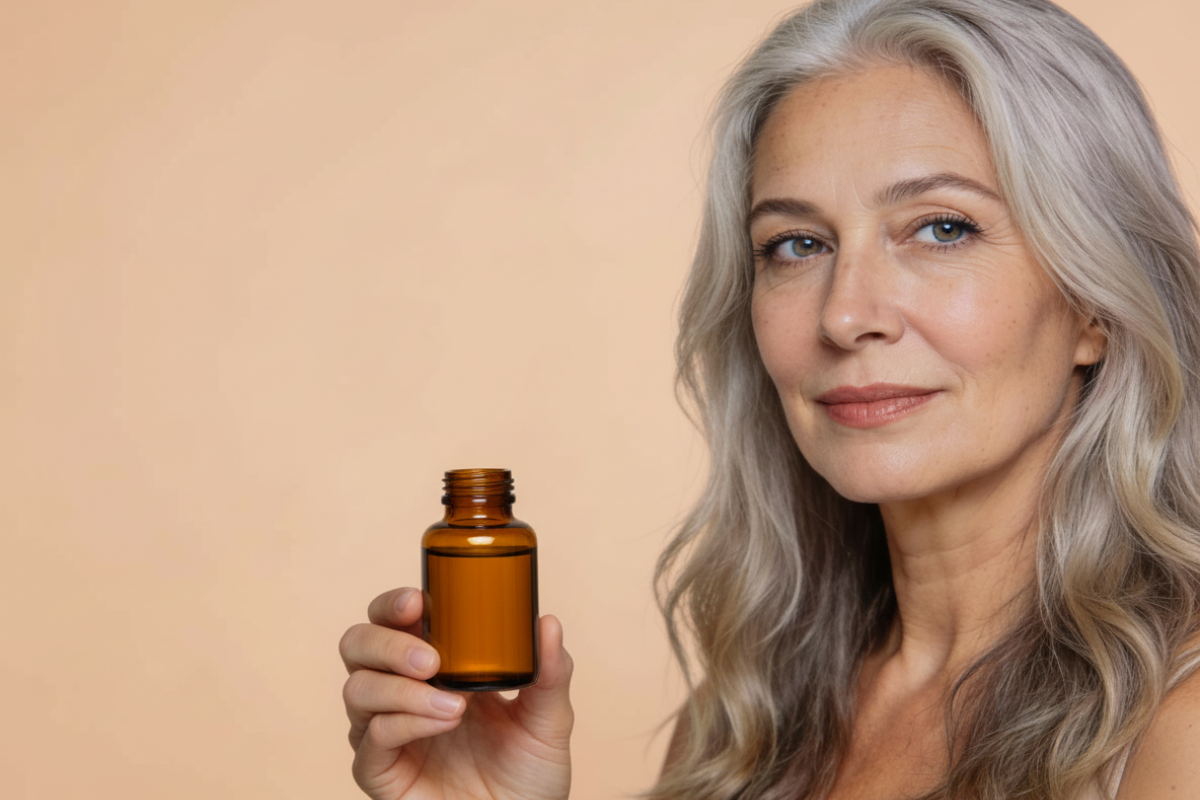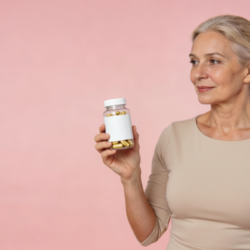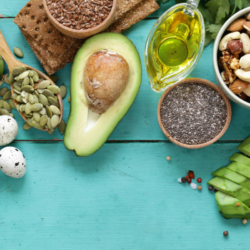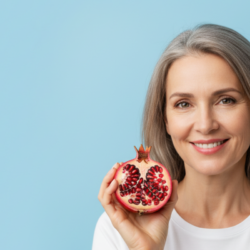Menopause is a natural phase in a woman’s life, accompanied by various hormonal changes. Among the frequent side effects, vaginal dryness is a major concern. This article explores the causes of vaginal dryness during the menopause and suggests natural remedies to relieve this uncomfortable condition.
Vaginal dryness is a common symptom of the menopause, often accompanied by pain during intercourse and burning sensations. Understanding the causes and possible natural remedies is essential to improving quality of life during this period.
What causes vaginal dryness during the menopause?
The main cause of vaginal dryness during the menopause is a drop in oestrogen levels, which affects the vaginal mucosa. Other possible causes include:
- Frequent douching, which can upset the vagina’s natural balance.
- A diet low in essential fatty acids.
- Stress and anxiety.
- Certain medications.
What are the symptoms of vaginal dryness?
Symptoms of vaginal dryness can include:
- Burning sensation
- Itching
- Pain during sexual intercourse
- Frequent vaginal and urinary tractinfections
How can I combat vaginal dryness during the menopause?
- Avoid douching: Douching can worsen dryness by disturbing the natural balance of bacteria.
- Wear cotton underwear: This allows better ventilation and reduces the risk of irritation.
- Drink enough water: Good general hydration helps maintain healthy vaginal tissue.
What treatment should I use for vaginal dryness?
What are the best food supplements to combat vaginal dryness?
Isiopause Purified Pollen Menopause
Isiopause is a food supplement specially designed for women going through the menopause. It contains purified pollen extracts, magnesium and vitamins B6, K2, D3 and E. It is designed to reduce the discomforts associated with the menopause, in particular hot flushes and vaginal dryness. Purified pollen is rich in amino acids and essential micronutrients, helping to improve mucosal health and reduce burning and pain during intercourse.
Bionops Menopause Comfort
Menopausenat is a dietary supplement designed to relieve menopausal symptoms such as hot flushes, night sweats and irritability. It combines plant extracts (such as chasteberry and cimicifuga) and vitamins, in particular vitamin B6, which contributes to hormonal regulation. This product, made up of vegetarian capsules, is designed to offer natural, effective support during this transitional period in a woman’s life.
What are the natural remedies for vaginal dryness?
Grandmother’s remedy for menopausal dryness:
Plant oils
Coconut oil, rich in fatty acids, can be applied topically to moisturise the vaginal mucosa. It helps reduce inflammation and provides natural hydration.
Sea buckthorn oil, taken internally, is recognised for its many benefits in reducing vaginal dryness. Rich in essential fatty acids, vitamins A and E, as well as antioxidants, this oil helps to nourish and moisturise the mucous membranes from within. By improving the elasticity and natural lubrication of vaginal tissues, Sea Buckthorn oil can reduce the symptoms of vaginal dryness, such as burning sensations and pain during intercourse. What’s more, its anti-inflammatory and healing properties help to maintain the overall health of the vaginal mucosa, providing greater comfort for menopausal women
Vaginal moisturisers and gels
Over-the-counter vaginal moisturisers are effective for hydrating vaginal tissues over a prolonged period, unlike lubricants, which are intended for short-term use.
Essential fatty acids
Food supplements containing essential fatty acids, such as omega-3s, can improve the health of vaginal tissue from the inside out. A diet rich in fatty acids, such as oily fish, flaxseed and walnuts, is also beneficial.
Eating a diet rich in essential fatty acids is crucial for vaginal health. Oily fish, avocados and nuts are excellent sources of fatty acids.
When should you consult a doctor?
It’s important to consult a doctor if symptoms persist despite natural remedies. Hormonal treatments or other medical interventions may be necessary. Persistent pain during intercourse or frequent infections are signals that should be taken seriously.





